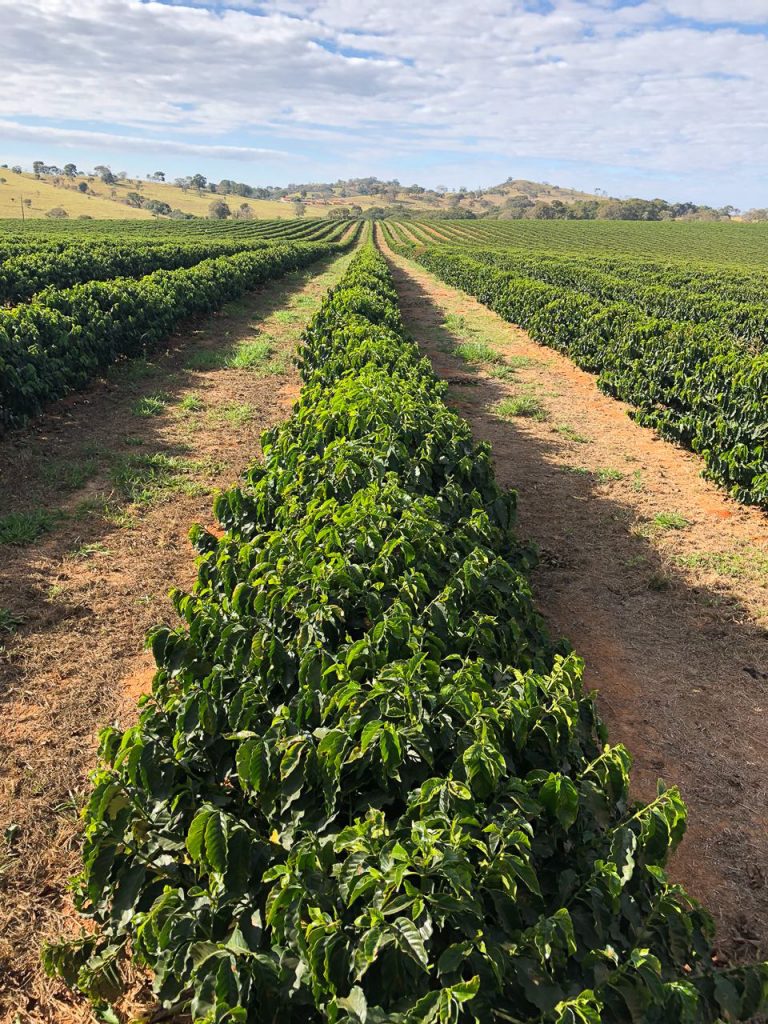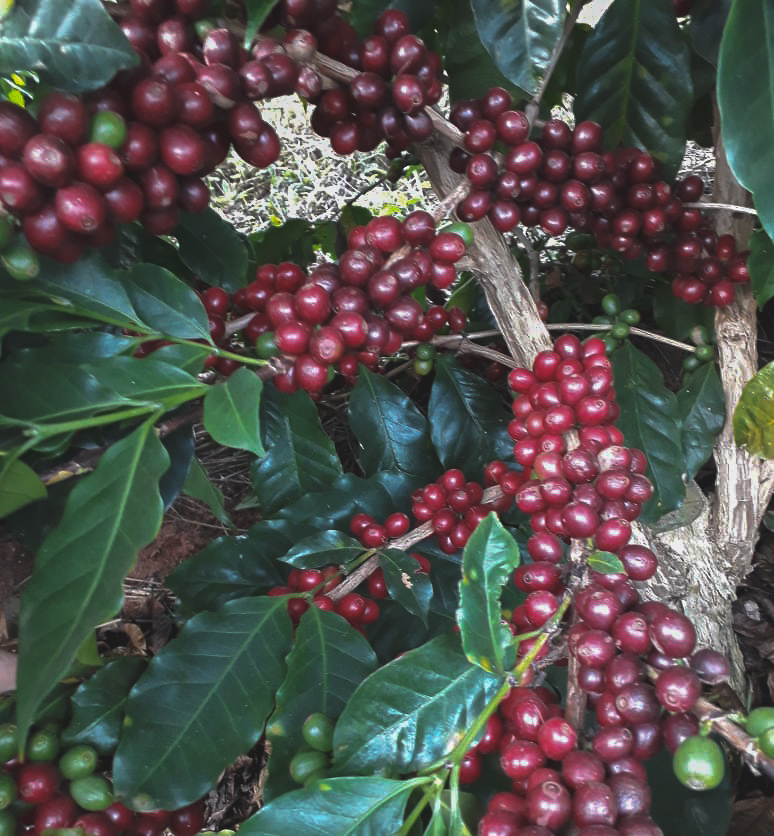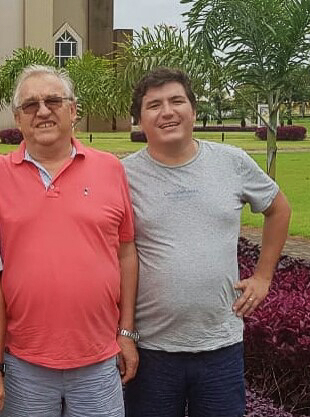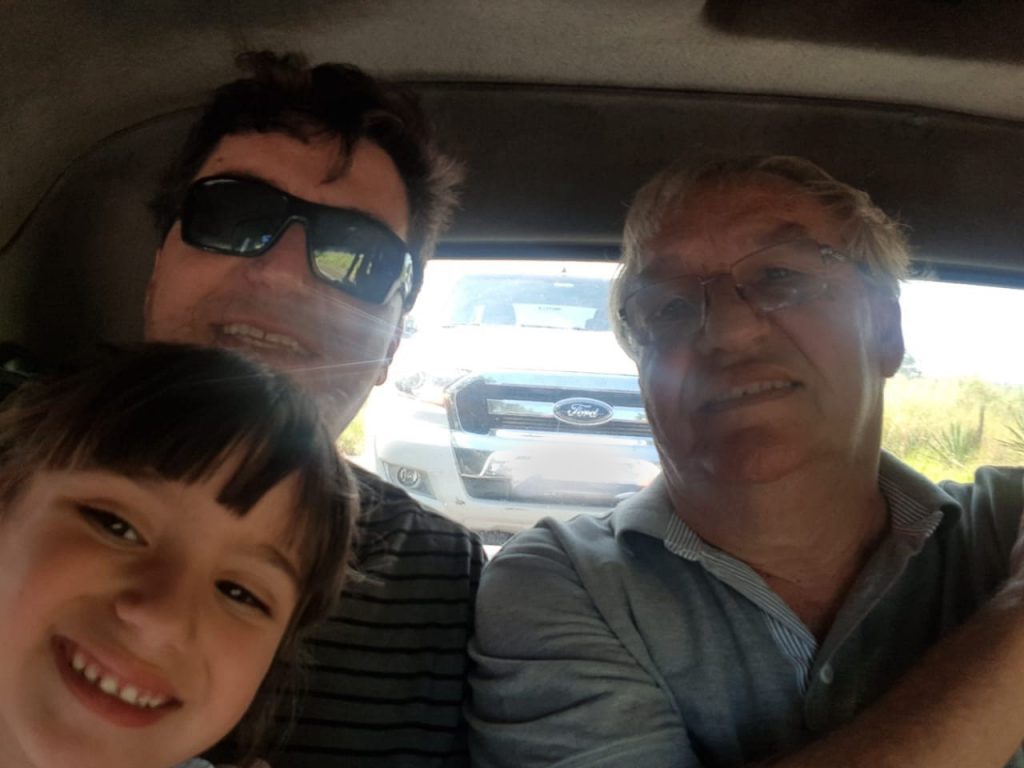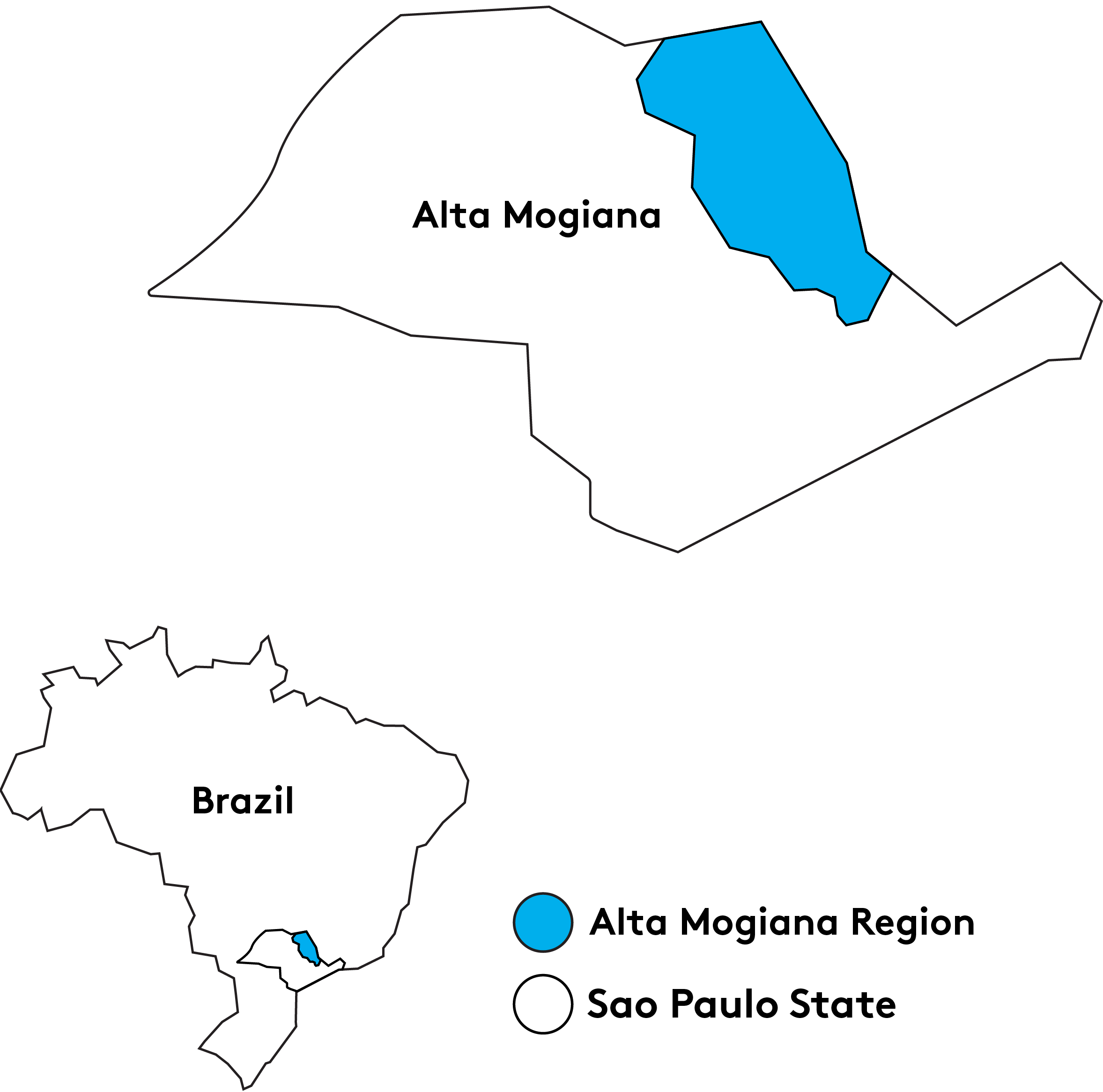Luiz Carlos Basso was born in the city of Lucelia, Sao Paulo in October 1951. Since he was seven years old he has accompanied his family in their work with coffee. When he was 18, his father decided to sell the family’s land and head for the city, but coffee was already Luiz Carlos’ calling. He went to work for a coffee commercializer (dry milling, sorting, packing, and export prep) as a machinist in the city.
With a friend, he later traveled around Brazil’s coffee regions, from Cerrado Mineiro, to Sul de Minas, eventually arriving in Alta Mogiana in 1977. Incredibly, this was the only coffee region not affected by frost that year. He began working in Alta Mogiana, still as an employee, where he managed both the buying and the selling at an estate in Pedregulho.
In 1981, after much struggle, he was able to buy a small farm in the municipality of Franca, near Ribeirão Corrente, São Paulo. He planted the farm with coffee, and, after selling that first harvest in 1985, he sold the farm to acquire the property he still owns, naming it Sitio Nossa Senhora Aparecida, in honor of his wife Aparecida, who has been a tireless companion through life’s hardships.
But, through the ups and downs, their children Luis Giovani and Danilo are working alongside them producing and processing coffee on the farm. 45 of the farm’s 70 total hectares are planted with coffee. Today, they process 80% of the coffee they produce. Currently, the biggest challenge is to reconcile high productivity with above average quality. Aligning complete respect for the natural environment with life experiences and vision leads to a constant push to improve techniques for production and management.
